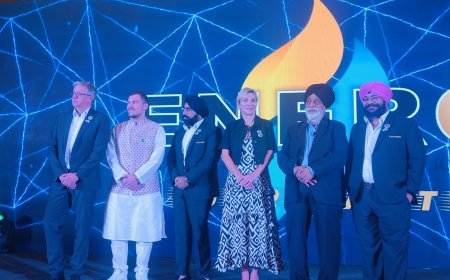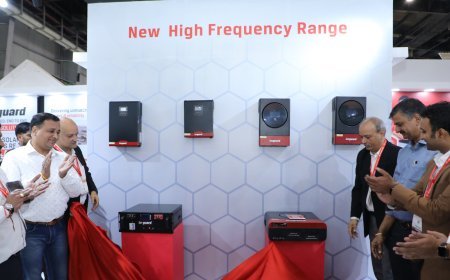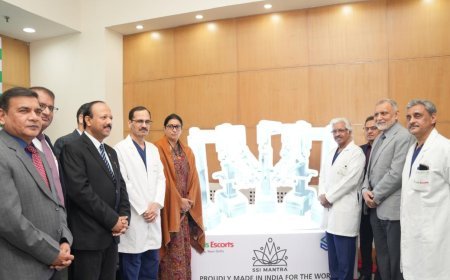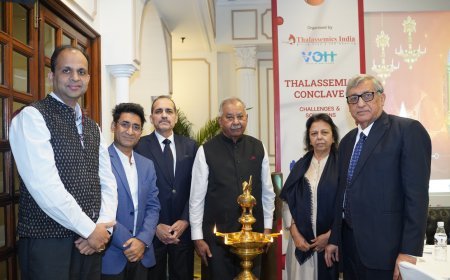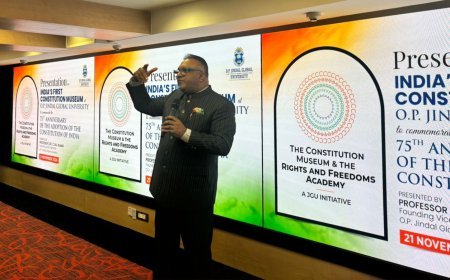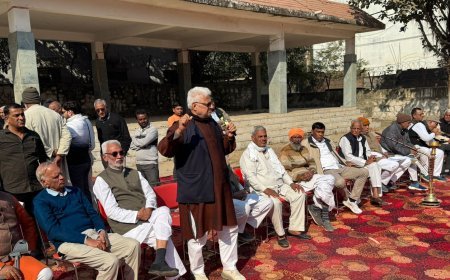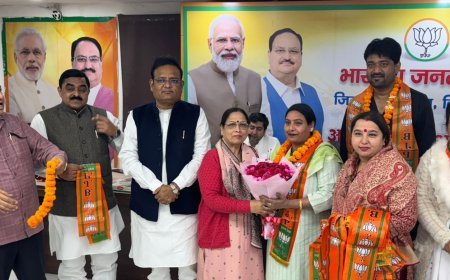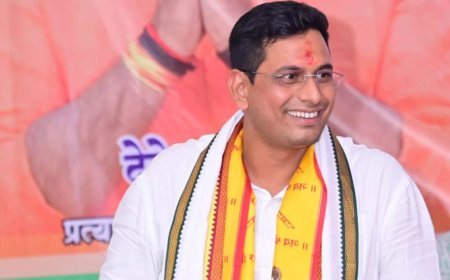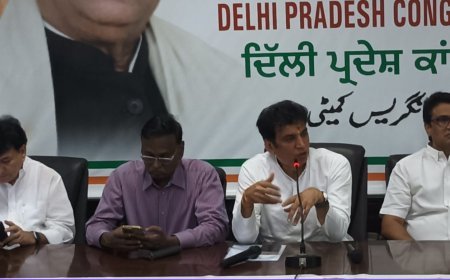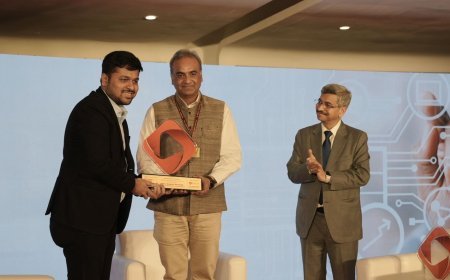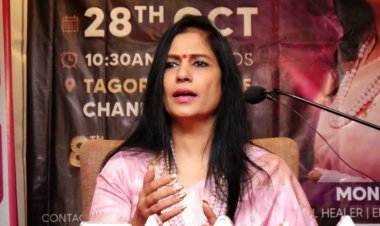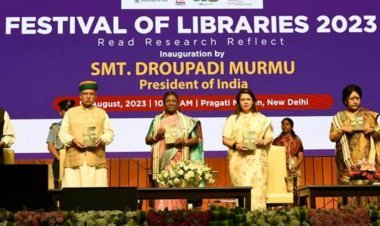Supreme Court Scolds Petitioner For Confusing Previous SEBI Investigations With Hindenburg Case
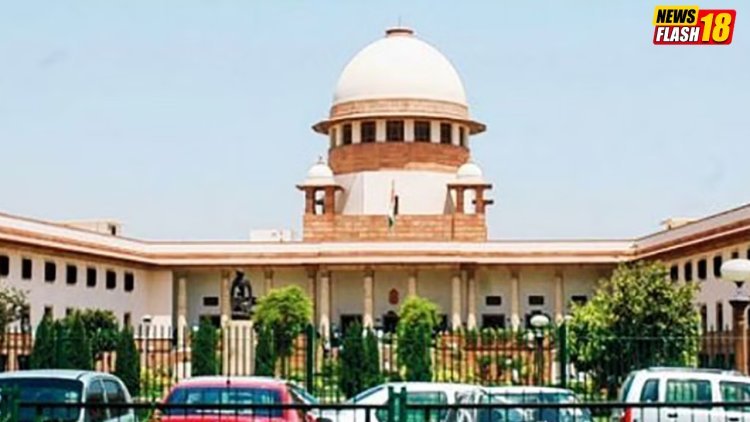
During a recent court hearing, the Supreme Court criticized the petitioner in the Hindenburg case for confusing previous investigations conducted by the Securities and Exchange Board of India (SEBI) in 2016 and 2020 with the current case. The petitioner demanded that SEBI disclose the outcomes of its investigations from those years.
Tushar Mehta, the lawyer representing SEBI, strongly objected to this demand, pointing out that the previous investigations involved 51 Indian firms that had no connection to the Adani Group. He emphasized that the petitioner cannot arbitrarily link the 2016 and 2020 cases to the Hindenburg report, as they are entirely separate matters. Mehta informed the Supreme Court that the 2016 investigation focused on different issues and had no relevance to the current Hindenburg case.
Chief Justice DY Chandrachud agreed with Mehta's objection. When the petitioner's lawyer, Prashant Bhushan, requested access to the reports of the 2016 and 2020 SEBI investigations, Chief Justice Chandrachud clarified that the court was solely focused on the Hindenburg case. He explained that the 2016 probe related to the issuance of global depository receipts (GDR), while the 2020 probe concerned the violation of the minimum public shareholding (MPS) rule.
Additionally, the Supreme Court granted SEBI an extended timeline of three months to complete its investigation in the Hindenburg case. SEBI had initially requested six additional months, but the court denied this request. Chief Justice Chandrachud instructed SEBI to submit a status report on its investigation by August 14. After reviewing the report, the court will decide whether to grant SEBI further time, as requested by Mehta during the hearing.
On March 2, the Supreme Court directed SEBI to investigate any pre and post-violations highlighted in the Hindenburg report regarding the Adani Group. Three days before SEBI's initial two-month deadline, the regulator asked for an extension of six months, citing the involvement of cross-border jurisdictions that require additional processing time.
Chief Justice Chandrachud noted that a panel of domain experts appointed by the Supreme Court to evaluate India's regulatory mechanism for investor protection has already submitted its report. The court will continue to consider the panel's findings and share the report with the parties involved in the case and their respective lawyers.
In conclusion, the Supreme Court reprimanded the petitioner for conflating past SEBI investigations with the ongoing Hindenburg case. The court clarified the focus of the current proceedings and granted SEBI an extended timeline to complete its investigation. The court will review SEBI's status report before deciding on any further time extension

